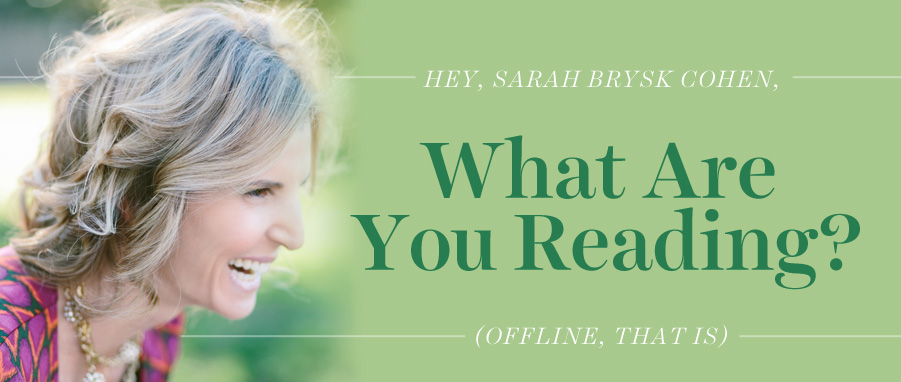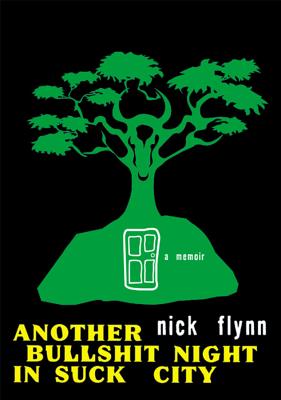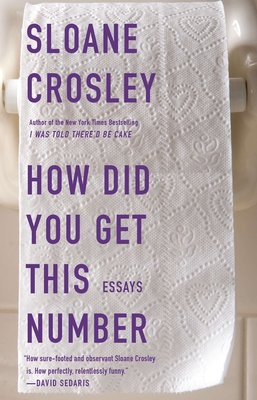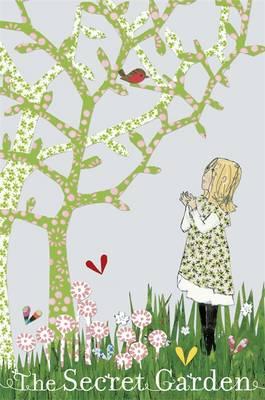Dear Sibyl,
I finally feel like a real grown-up and I find it horribly disappointing. I can't imagine a better husband, my two-year-old daughter is awesome, and I love my work. Unfortunately, there's a big but. I was prepared to have a big, important career and I don't think that's possible as a mother of a small child (without being independently wealthy).
My parents told me I could be anything I wanted to be and my husband regularly says he's waiting for me to strike it big, so he can retire. Unfortunately, my career options are high in intellectual, social, and personal rewards, but not so much in financial rewards. My husband isn't going to be retiring on my salary anytime soon, which means his job needs to be the priority.
The part that really gets me is that I will never fully realize my potential career. If there are two working parents, one parent always has to be the one who will figure it out if the babysitter is sick. One parent has to make sure there is food in the fridge and favorite pajamas are washed in time for bed. One parent has to sign on as parent #1 (at least to provide the kind of support that I envision providing to my child). Maybe there is a system where both parents share all child-related responsibilities, but I'm not sure I can imagine it. After all, one of the major tenets of management in a professional context is maintaining individual responsibility: if everyone is responsible no one is.
Most big, important careers demand to be the priority. And I think the realization that made me a grown-up is that you don't get to have two priorities at once in life. I want my child, and eventually children, to be my first priority, but I also want to know what I could have done with my professional life had I been able to give it my all.
Sincerely,
Two Paths, One Life
Dear Two Paths, One Life,
Are you sitting down? Okay, because I’m about to deliver a series of blows that may hurt at first, but hopefully will settle in as the best kind of truth.
First of all, no wonder you are disappointed in adulthood, since you are completely missing the point. The goal of life is not to be a big, important person who is responsible for everyone and amasses wealth for retirement. I totally understand why you believe this, as this is our culture’s greatest falsehood, one we shout and whisper and slip into the food we serve.
But, Honey. Oh, Honey, no.
The choice is not between being a mother and being a big shot. It’s about being a person of substance, no matter what tasks you find yourself doing.
First of all, we need to address your sign off name. There are three lives you are talking about here, and three paths, but you have submerged them all into one life---yours. Of course there's no space to spread your wings! You have both your husband and your child on your back, and you're stumbling around blindly.
A better metaphor for what should be going on is: One root, three vines. Your husband and yourself formed the roots of your family tree when you bonded yourselves to one another. Your lives climb like an ivy plant, branching off in some places, intertwining and holding one another up in others. Your daughter's is an offshoot, that right now gets all of its nourishment from the roots of your marriage. However, she'll branch off on her own more and more, and eventually she'll start her own vine, on some other wall. The way things are now, both of their branches are choking yours, and no one can grow.
I think the problem is that you need to redefine success. What is “making it” as an adult? Is it a life of growth, or one you read about in the newspapers? Because the people making headlines, especially ones with big, important careers, are always falling from grace, in big, important ways. Just this month: Jesse Jackson Jr., Oscar Pistorius, THE POPE.
You don’t need a big, important career to be a happy adult, you need to be a big, important you. Be the biggest star of your life. Be the most important person in your child's life.
Do you want to make something happen? Then follow your passion and do it! But if you just want to feel important, then I don't think you will find that kind of validation in a high-paying, high stakes job. That kind of validation only comes from within.
I want you to let this dream of being this powerful figure die so you can see what rises from the ashes. I want what rises to be you.
In order to do this, you cannot use management tenets to run your family---your family should be be run on love, and love means everyone pitches in. So, let go of some of the responsibility for being “Parent #1”, and let your husband plan back-up childcare for once. And tell him to stop putting pressure on you to strike it big so he never has to work again! What the hell?
So, perhaps you are not going to be on the cover of TIME magazine. But, I doubt very seriously that that is because you are devoting your energy towards being a mother, instead. I believe that you can still have what you want---have a feeling of being a successful adult who makes waves in the world, while still showing up for your children---but it is going to require a worldview shift.
Being an adult means we get to weave together the life we actually want, which, yes, is really difficult, but has the potential to create something totally unique and beautiful.
You are not missing out on fully realizing your potential career, if you are fully realizing your potential self. You will need to give up the goals of prestige and leisure and take up the goal of love, but I promise you, it’s a better investment.
Love,
Sibyl
Submit your own quandary to Sibyl here.































